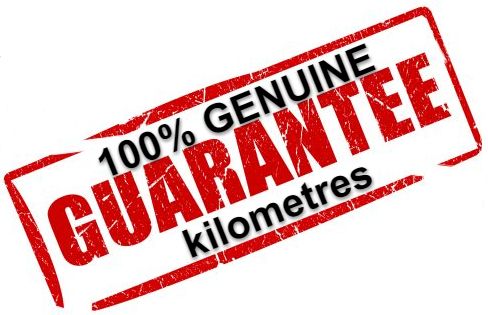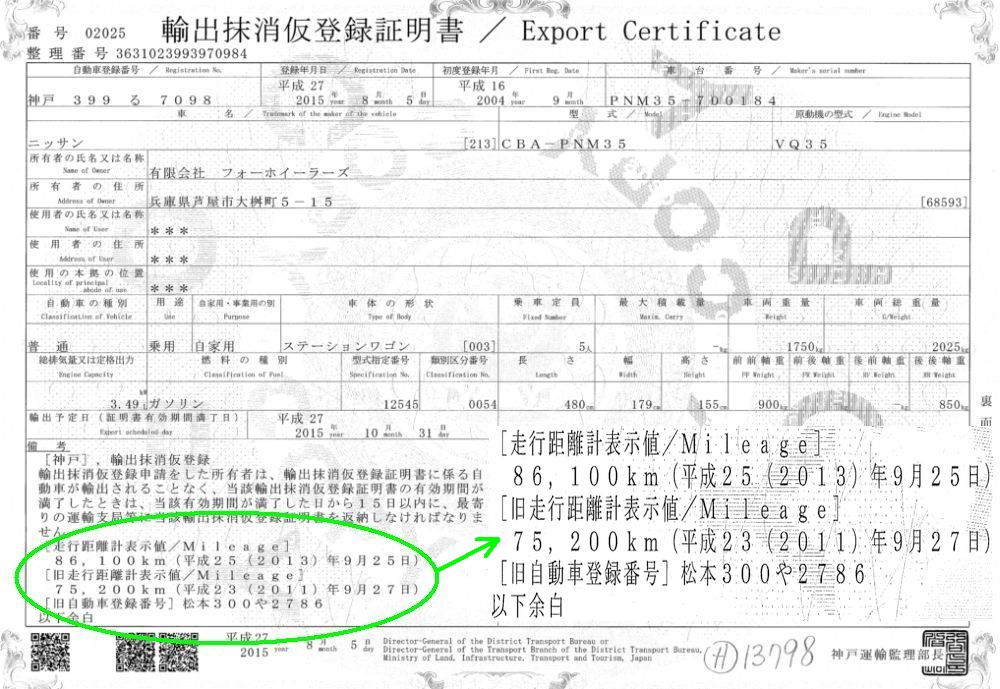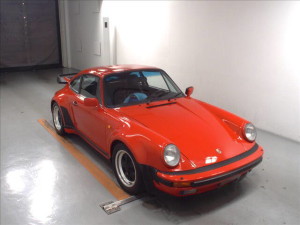
Prestige Motorsport was founded in 1999 to help enthusiasts like us avoid poor quality and falsified imports.
As such we are very much against odometer tampering on Japanese vehicles and are committed to ensuring that as a valued client, you fully understand what you’re buying and you get what you pay for.
Our specialty is sourcing vehicles in very nice condition and with genuine low kms. This is what our reputation is built on.
For your peace of mind (and resale value) we provide the original JAPANESE EXPORT CERTIFICATE for every vehicle sourced.
While it has become popular to promote this recently with many dealers being caught for winding back kms on Japanese imports, we have always provided this document to our clients since Japan implemented the Export Certificate system in 2004.
This official document is produced from the deregistration paper by Japanese Customs at the time of export and shows the last two dates and km readings at registration inspections undertaken by the Japanese Transport Authority.
Example Japanese Export Certificate:











